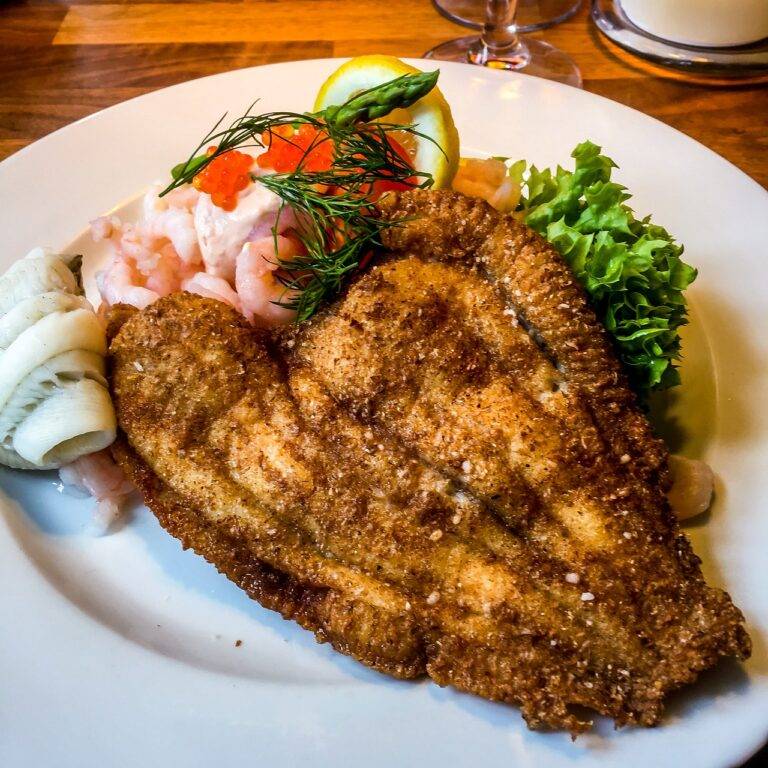The Ethics of Food Tourism: Balancing Cultural Exchange with Respect for Local Traditions
Food tourism is a growing trend that brings together culture, traditions, and culinary experiences in unique ways. However, as this industry expands, it is essential to consider the ethical implications that come with it. One major ethical consideration in food tourism is the impact on local communities. When large numbers of tourists flock to a destination in search of authentic food experiences, there is a risk of exploitation and disruption to the local way of life.
Another important ethical consideration is the preservation of authenticity in culinary experiences. As food tourism becomes more popular, there is a demand for “authentic” and traditional dishes. This can sometimes lead to the commodification of local cuisines and practices, turning them into mere products for mass consumption. It is crucial for stakeholders in the food tourism industry to find a balance between satisfying tourists’ desires for authentic experiences and respecting the cultural integrity of the communities they visit.
• One major ethical consideration in food tourism is the impact on local communities
• Risk of exploitation and disruption to the local way of life with large numbers of tourists
• Preservation of authenticity in culinary experiences is crucial
• Demand for “authentic” and traditional dishes can lead to commodification
• Balance needed between satisfying tourists’ desires and respecting cultural integrity
Impact of Food Tourism on Local Communities
Food tourism can bring about both positive and negative impacts on local communities around the world. On one hand, it can create job opportunities and boost the local economy by attracting more visitors to the area. This influx of tourists can lead to increased revenue for local businesses, such as restaurants, markets, and food producers, which in turn can support the livelihoods of community members.
However, the rapid growth of food tourism can also have detrimental effects on the cultural and environmental fabric of a destination. The increase in tourist footfall can put a strain on local resources, leading to issues such as overfishing, deforestation, and waste generation. Additionally, as destinations cater more towards the tastes of tourists, there is a risk of diluting the authenticity of traditional culinary practices and recipes that have been passed down through generations.
Preserving Authenticity in Culinary Experiences
Preserving authenticity in culinary experiences is paramount in sustaining the cultural integrity of a destination’s gastronomic offerings. Authenticity in food tourism not only serves to maintain traditional culinary practices but also provides tourists with a genuine taste of local culture. When visitors indulge in authentic culinary experiences, they are offered a opportunity to connect with a destination on a deeper level, fostering a sense of appreciation for the unique flavors and traditions that define a region.
Ensuring the preservation of authenticity in culinary experiences requires a delicate balance between meeting the demands of tourists and safeguarding the integrity of local cuisine. By showcasing traditional recipes, using local ingredients, and supporting small-scale producers, food tourism can play a pivotal role in promoting cultural heritage and sustainable practices within communities. When authenticity is upheld in culinary experiences, destinations can differentiate themselves from mainstream tourism offerings, attracting travelers who are seeking genuine and immersive cultural encounters through food.
What are some ethical considerations in food tourism?
Some ethical considerations in food tourism include respecting the local culture and traditions, supporting local businesses, and minimizing negative impacts on the environment.
How does food tourism impact local communities?
Food tourism can have both positive and negative impacts on local communities. It can bring economic benefits by supporting local businesses and creating job opportunities, but it can also lead to cultural appropriation and gentrification.
How can we preserve authenticity in culinary experiences?
To preserve authenticity in culinary experiences, it is important to support local food traditions, ingredients, and cooking techniques. Avoiding mass tourism and seeking out off-the-beaten-path dining experiences can also help preserve authenticity.







